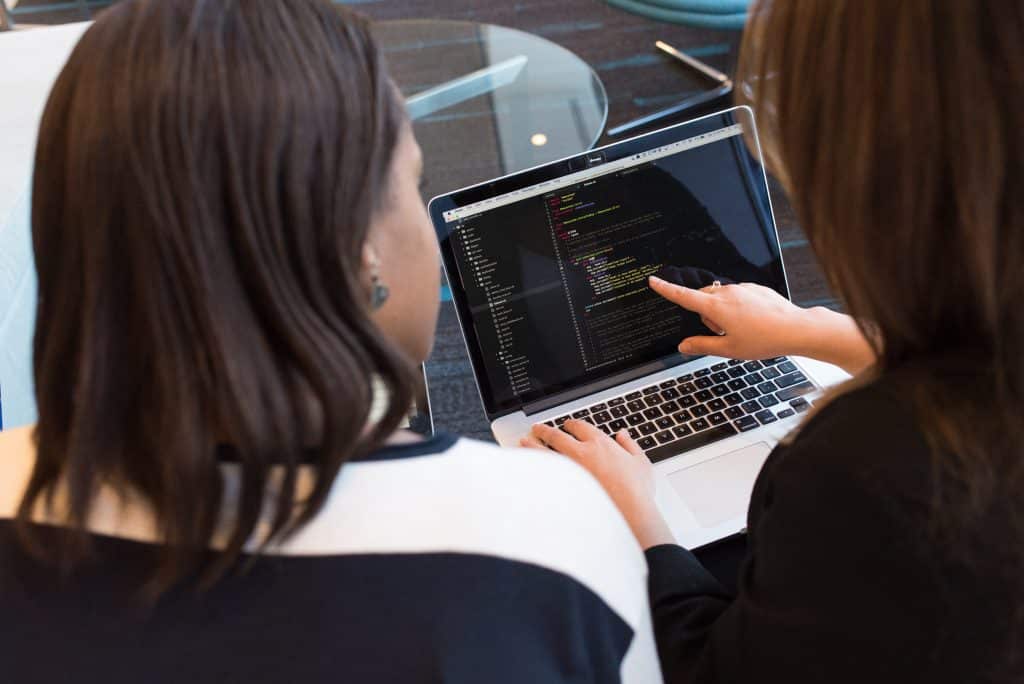DevSecOps can seem like a confusing beast when you think about implementing it in your business operations. While complicated, services such as Sonrai Security have made it easier to understand the general idea and processes behind it. But, even if you may know DevSecOps, how do you know if you need it for your business?
What is DevSecOps?
Briefly, DevSecOps (which stands for Development, Security, and Operations) refers to integrating security at every phase of software development. From the initial design of the product to development stages such as integration, testing, deployment, and delivery, security is tested at every stage of the process.
Earlier, the security of the software was tacked on at the end of the process. A security team would integrate security processes once the software was ready to be delivered. Then, a quality assurance team would perform a final check to ensure that the software and security were working as they should.
Such a process was efficient when there were only one or two software releases in a year. With the rapid advancement of technology and deployment of software, there’s a need to ensure security at every step of the process.

How Does DevSecOps Aid Cloud Security?
Everyone is moving to a digital world, and businesses are not far behind. Managing physical copies of files is not only an arduous task but prone to errors as well. Cloud systems not only ensure accessibility and efficient storage but security as well.
With such systems, teams can collaborate, deploy and rectify their ideas rapidly in real-time.
How can DevSecOps help with cloud security?
While cloud systems are backed by big-name companies such as AWS, Azure, IBM Cloud, and more, increasing cyber crimes leave businesses vulnerable. Business developing apps need to ensure security checks in their continuous integration and continuous delivery pipelines.
By implementing DevSecOps, businesses can perfectly align the development cycle with security operations. Teams can work together to ensure simultaneous integration and testing of security measures at each development process step.
DevSecOps processes ensure continuous investigations and tests for threats. Whenever a new code is added, it may introduce some vulnerabilities to the application. Hence, before the code is implemented, it should be tested for any security failings. Thanks to Cloud’s real-time collaboration option, users can do that rapidly.
At every step, teams scan the application for any failings but perform penetrative tests as well. Ultimately, with continuous checks, businesses are assured of the quality of the end product.

How Does DevSecOps Aid Compliance?
Various laws and compliance guidelines regulate every firm’s operations. Additionally, apps developed by these companies need to adhere to strict guidelines, especially those concerning privacy. When managing several projects at once, it is hard to know whether the software complies with the laws.
While a cloud system can help with compliance to guidelines such as HIPAA, it can be tricky for apps. With the help of DevSecOps, security (and thus, privacy protection) is verified at every step.
Teams can collaborate to understand how compliance guidelines can be implemented and tested to ensure that your business operations stay out of legal trouble. With a cloud system, teams can collect data regarding compliance in real-time and provide evidence when required.
With DevSecOps, a business can not only ensure quicker developments but can ensure efficient processes as well. Understanding DevSecOps can be tricky, but it seems like an insurmountable challenge when you factor in Cloud Systems and Compliance laws.
With services like Sonrai Security, it is much easier to understand the process and how it can be used. Successful implementation of DevSecOps helps businesses grow and deliver better results.













Leave a Reply